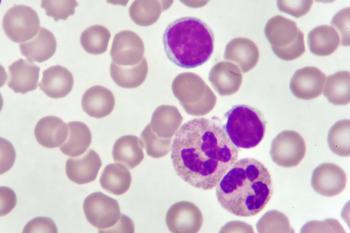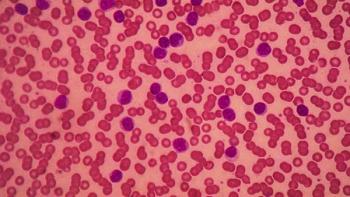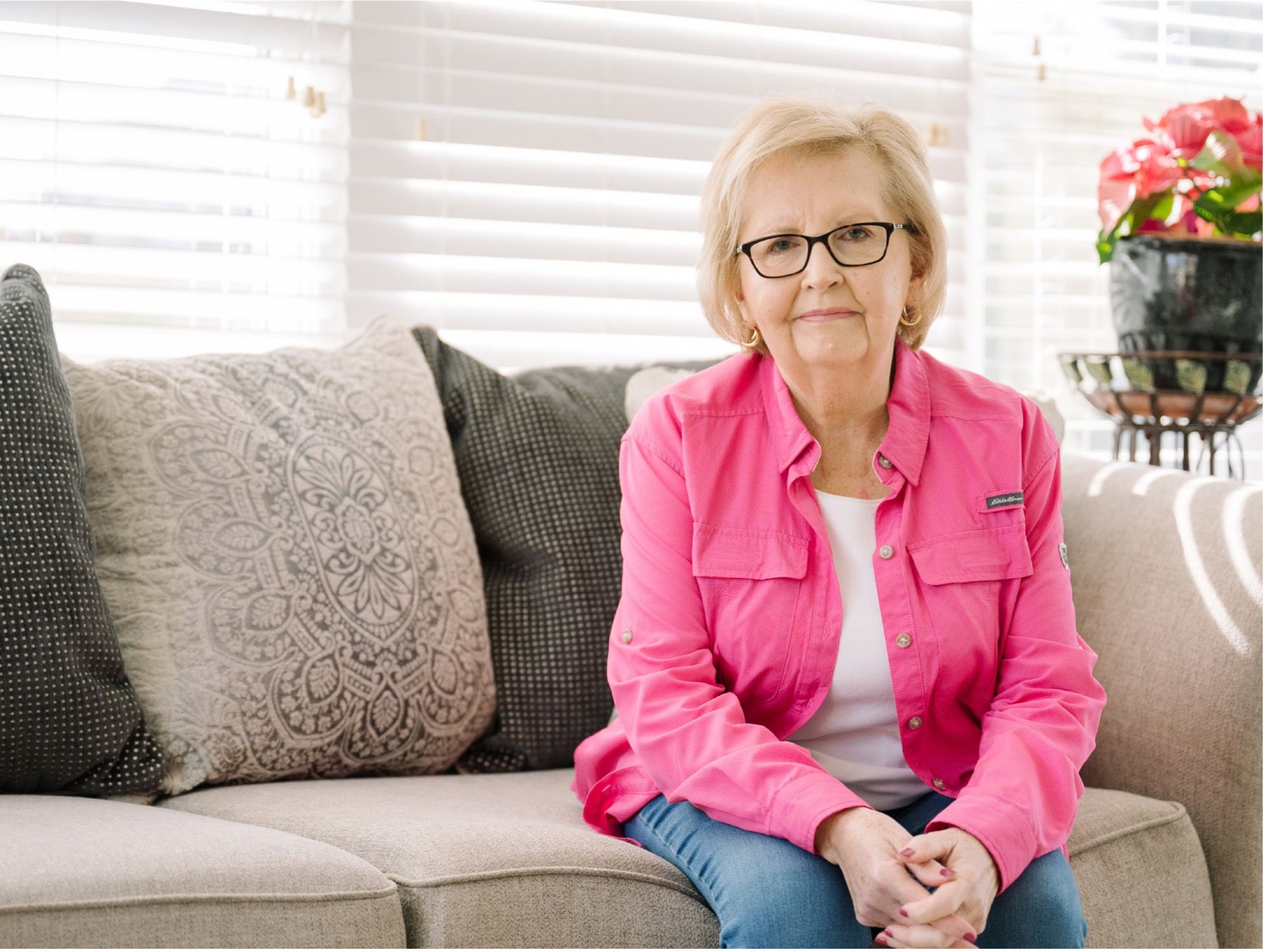
CLL
Latest News

Latest Videos

More News

The TRANSCNED CLL 004 trial met its primary endpoint of complete responses with the CAR-T cell therapy Breyanzi in patients with relapsed or refractory CLL or SLL.

Two experts explain what patients need to know about the recent approval of Brukinsa for patients with chronic lymphocytic leukemia and small lymphocytic leukemia.

The Food and Drug Administration approved Brukinsa for patients with chronic lymphocytic leukemia or small lymphocytic leukemia.

Life looks a bit different after my cancer diagnosis and the COVID-19 pandemic, making me even more grateful for the people in my life.

When cancer entered our life, fear was a constant. However, we tried to live as joyously as possible between check-ups.

Progression-free survival and overall response rates greatly improved in patients with CLL/SLL treated with Brukinsa compared with Imbruvica.

Patients with chronic lymphocytic leukemia tended to switch to another regimen or intensify their Calquence treatment quicker than those given Imbruvica, study results showed.

Once I got the hang of administering subcutaneous immunoglobulin, my life was so much easier, as I no longer had to undergo monthly IV infusions for my cancer-related compromised immune system.

After being diagnosed with cancer 13 years ago, I began to wonder if my diet had anything to do with it — so I made some changes to eat better.

I made a point to continue baking a weekly challah bread after I was diagnosed with blood cancer, and it proved to be therapeutic.

After being diagnosed with lymphoma, I scheduled consultations with three oncologists, but only one provided me with the hope I needed.

Investigators of an expanded clinical trial have administered an investigational CAR-T cell therapy to the first patient with blood cancer.

Long-term clinical trial data showed that the use of Copiktra was associated with an increased rate of death and severe side effects for patients with chronic lymphocytic leukemia and small cell leukemia.

Treatment with Venclexta plus Gazyva, with or without Imbruvica, led to better outcomes than chemoimmunotherapy in patients with chronic lymphocytic leukemia.

Long-term study results show that outcomes, such as survival and response rates, in patients who have received Calquence-containing treatment regimens continue to outpace outcomes in those who were given Gazyva and chemotherapy.

A panel of experts on the FDA’s Oncologic Drugs Advisory Committee voted that all future approvals of PI3K inhibitors to treat blood cancer be backed by randomized clinical trial data.

The pharmaceutical company developing a combination regimen of ublituximab plus Ukoniq (known as U2) pulled the drug duo’s indications for the treatment of multiple types of blood cancer after clinical trial results fell short of improving overall survival.

The FDA’s partial hold means that no new patients with either leukemia or lymphoma can be enrolled onto the trial.

Regardless of whether it was guided by minimal residual disease status or given at a fixed dosage, consolidation Venclexta proved to be beneficial in patients with chronic lymphocytic leukemia.

Learn about the disproportionate impact that the COVID-19 pandemic has on immunocompromised patients with chronic lymphocytic leukemia (CLL), and hear potential solutions from leading CLL experts.

Regardless of a patient’s age, comorbidity status or disease risk, an expert from Memorial Sloan Kettering Cancer Center notes how targeted therapies have become the standard of care in treating chronic lymphocytic leukemia.

More research is necessary, says an expert, to improve responses to CAR-T cell treatments in patients with chronic lymphocytic leukemia.

Treatment with Calquence resulted in fewer toxicities, including atrial fibrillation, flutter and hypertension, in patients with previously treated chronic lymphocytic leukemia, compared with Imbruvica treatment, according to findings from the analysis of a phase 3 trial.

The combination of Calquence and Rituxan may also be useful during the COVID-19 pandemic as it decreases infusion times and patient interactions, according to an expert.

There are many cancer clinical trials that patients can enroll in across the United States. Here is a snapshot of some of the more recent ones.













